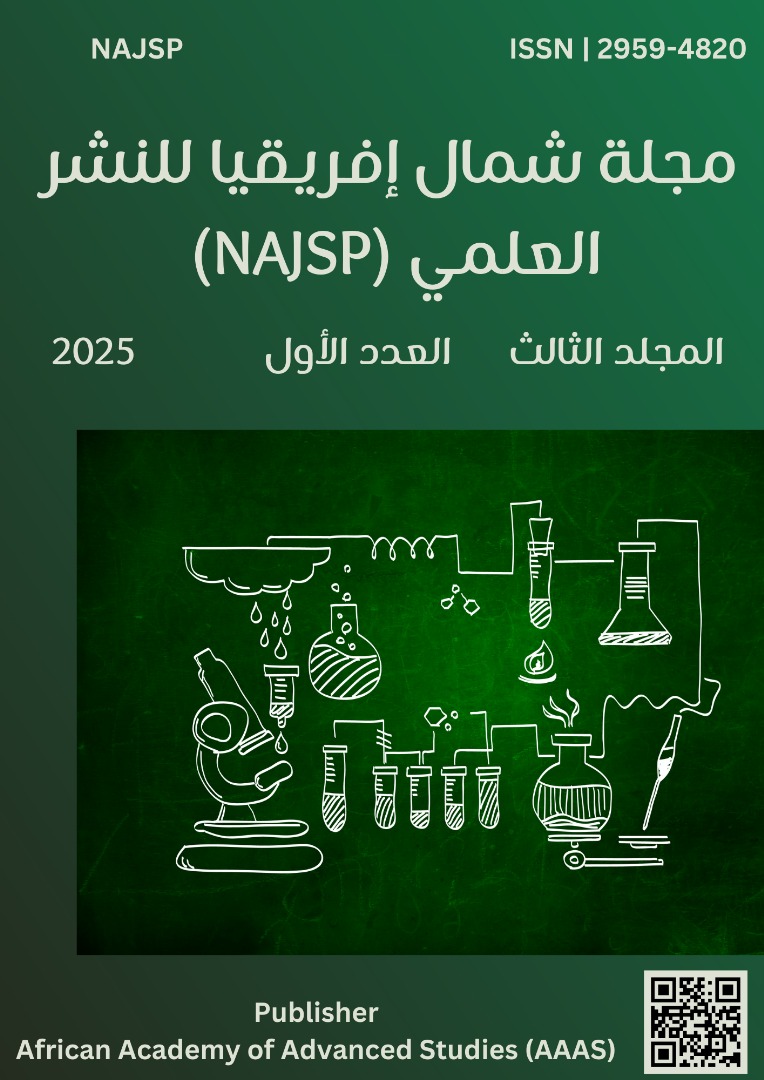The Application of ChatGPT to English Language Teaching: Opportunities and Challenges
DOI:
https://doi.org/10.65414/najsp.v3i1.394الكلمات المفتاحية:
ChatGPT in ELT، AI-assisted language learning، Pedagogical challenges in AI، Ethical considerations in educationالملخص
The integration of ChatGPT into English Language Teaching (ELT) presents both transformative opportunities and significant challenges that require careful pedagogical and ethical consideration. On one hand, ChatGPT enhances instructional efficiency by generating customized teaching materials, providing instant feedback, facilitating interactive learning, and supporting personalized instruction. Its adaptability to different proficiency levels and self-directed learning potential aligns with contemporary student-centered pedagogical approaches. However, its implementation also raises critical concerns, including the risk of learner over-reliance on AI-generated content, diminished cognitive engagement, and limitations in fostering authentic communicative competence. Additionally, ethical dilemmas related to academic integrity, misinformation, and biases in AI-generated responses necessitate responsible oversight. Accessibility disparities further highlight the need for inclusive AI-driven educational strategies. To maximize its benefits while mitigating risks, a balanced and pedagogically sound approach is essential. AI should serve as a complementary tool rather than a replacement for human instruction, ensuring that language education retains its interactive, creative, and communicative dimensions. Educational institutions must prioritize teacher training, ethical AI guidelines, and critical engagement strategies to foster responsible AI use in ELT. Ultimately, while ChatGPT holds immense potential for language education, its efficacy depends on maintaining a human-centered approach that aligns AI integration with foundational teaching and learning principles.
التنزيلات
منشور
كيفية الاقتباس
إصدار
القسم
الرخصة
الحقوق الفكرية (c) 2025 Mahgoub Khalifa Beleid Khalifa

هذا العمل مرخص بموجب Creative Commons Attribution 4.0 International License.







